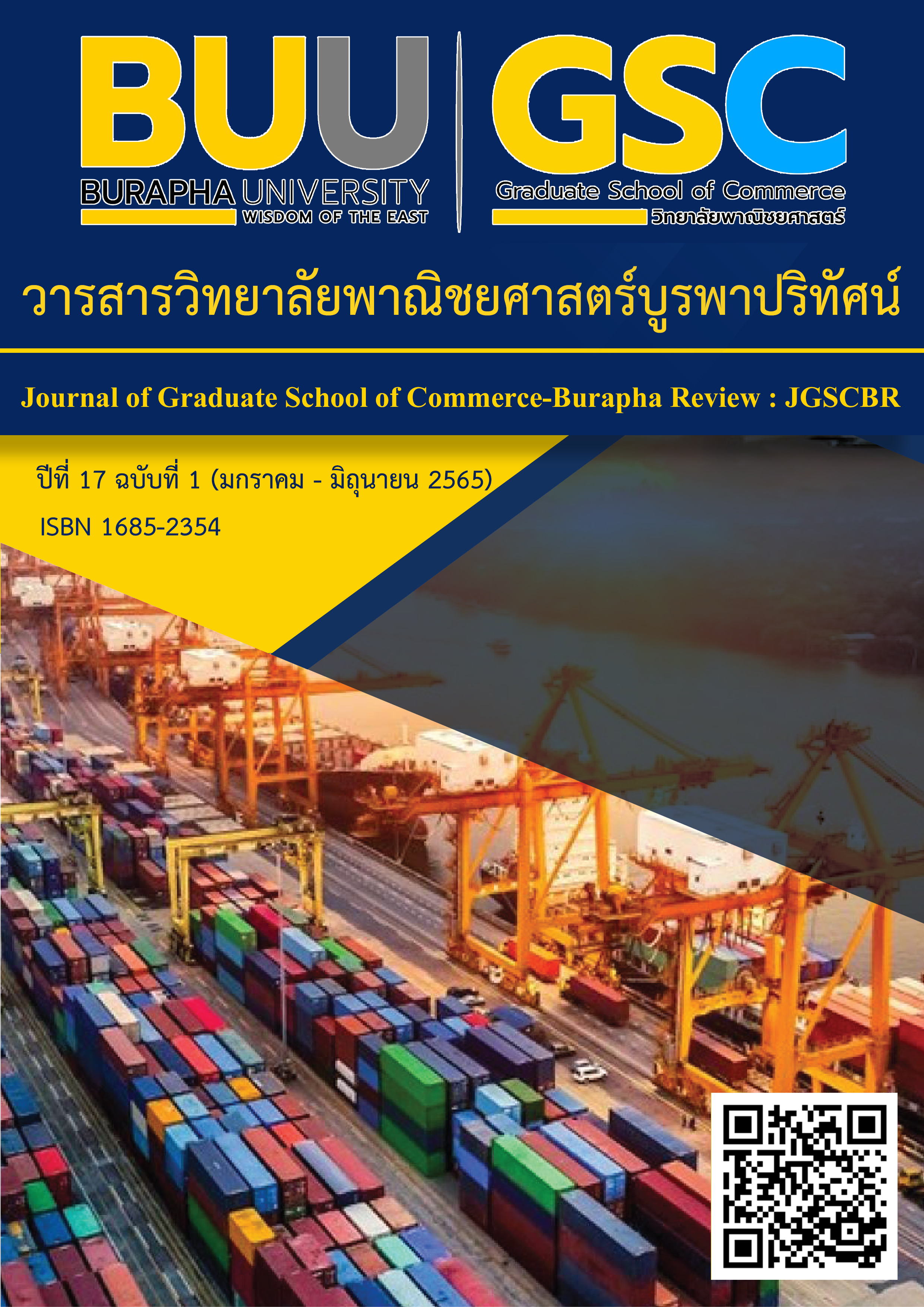INNOVATIONS IN BUDDHISM BASED POLITIES: A STUDY ON POLITICAL THOUGHTS OF THAILAND’S DEMOCRAT PARTY
Main Article Content
Abstract
At the dawn of Thai democracy,Thailand or Siam as it was then called, was immersed in Buddhist culture with a great majority of its citizens being Buddhist.This research,Innovations in Buddhism Based Politics: A study on Political Thoughts of Thailand’s Democrat Party aims at studying the role of the Democrat Party in propagating Buddhist based morality in Thai politics.
The study is based on document analysis and in-depth interviews with key informant groups namely: 1) representatives of Thailand’s Democrat Party executives,including former national-level executives e.g.,prime ministers,ministers,representatives and senators; 2) implementers of party policies and civil servants; 3) Buddhist monks; and civil societies and practicing Buddhists.
The study finds that the power of Buddhist morality influences Thai politics (and governance) predominantly though the institution of kingship whereby the king is expected to govern based on dasavidha-raajadhamma or the 10 virtues of kings (or rulers). The 10 virtues are: 1) dana or charity, 2) sila (not to kill, not to steal, not to commit adultery, not to lie and not to indulge in any intoxicating substances; 3) paricaga or sacrifices for the good of the people; 4) ajjava or honesty 5) maddava or integrity; 6) tapa or austerity in habits; 7) agodha or freedom from hatred and ill-will; 8) avihimsa or non-violence; 9) khanti or patience; and 10) avirodha or non-obstruction to measures conducive to the welfare of the people.Thai monarchs represent therefore the de facto moral authority for the nation.As for the Thai state or government, the Buddhist rule of tri-shika (sila,Samadhi and panya) must be the fundamental driving force working though three mechanisms: political institutions, educational establishments and mass media organisations.In the application of tri-shika to governance, sila is translated to mean righteous conduct guided by the five Buddhist precepts and integrity. Samadhi is interpreted as commitment (to the people and nation) and panya as wisdom. The Democrat Party executive committee and its members spread Buddhist morality at all levels of political networks – from individuals to communities to society and nation. Using post-modern management, the Party organizes innovative activities for younger generations to propel them towards constructive, creative and moral politics. These Buddhist-based political innovatical values while capitalizing on exising cultural,legal and moral assets in the democratic system with the King as Head of State.
Article Details

This work is licensed under a Creative Commons Attribution-NonCommercial-NoDerivatives 4.0 International License.
The owner of the article does not copy or violate any of its copyright. If any copyright infringement occurs or prosecution, in any case, the Editorial Board is not involved in all the rights to the owner of the article to be performed.


